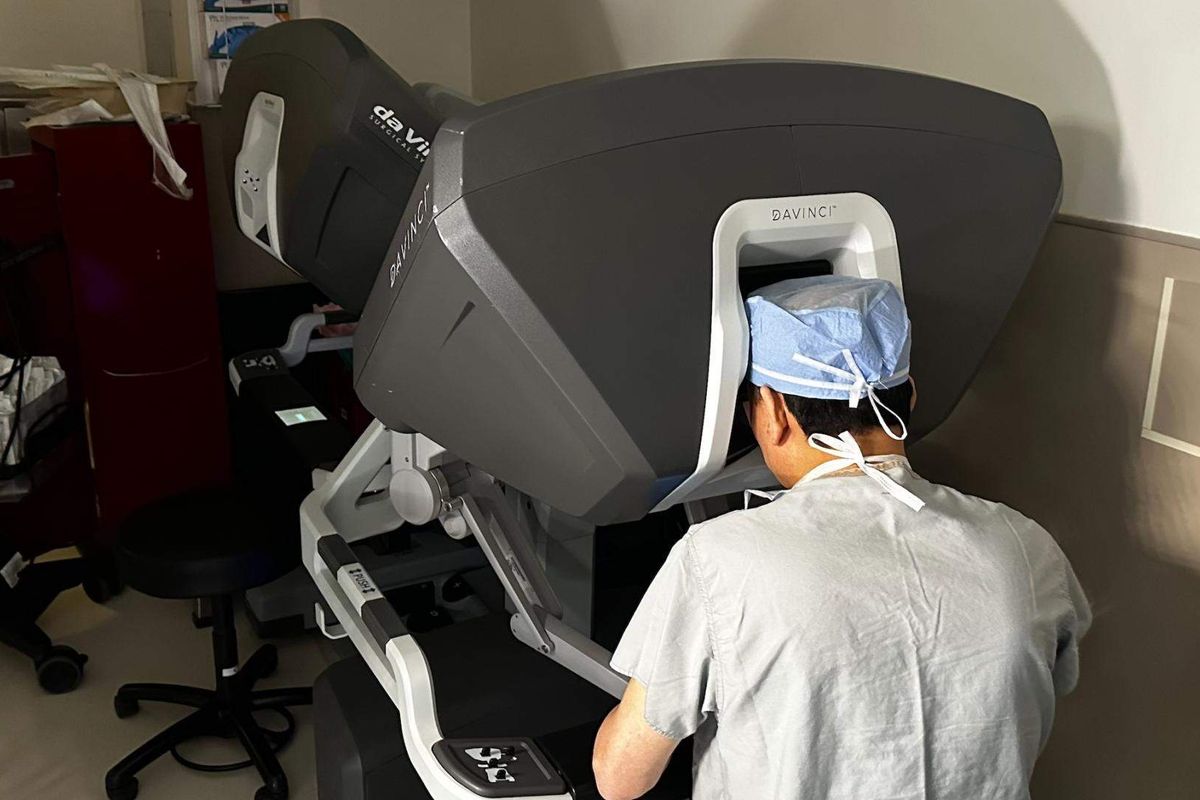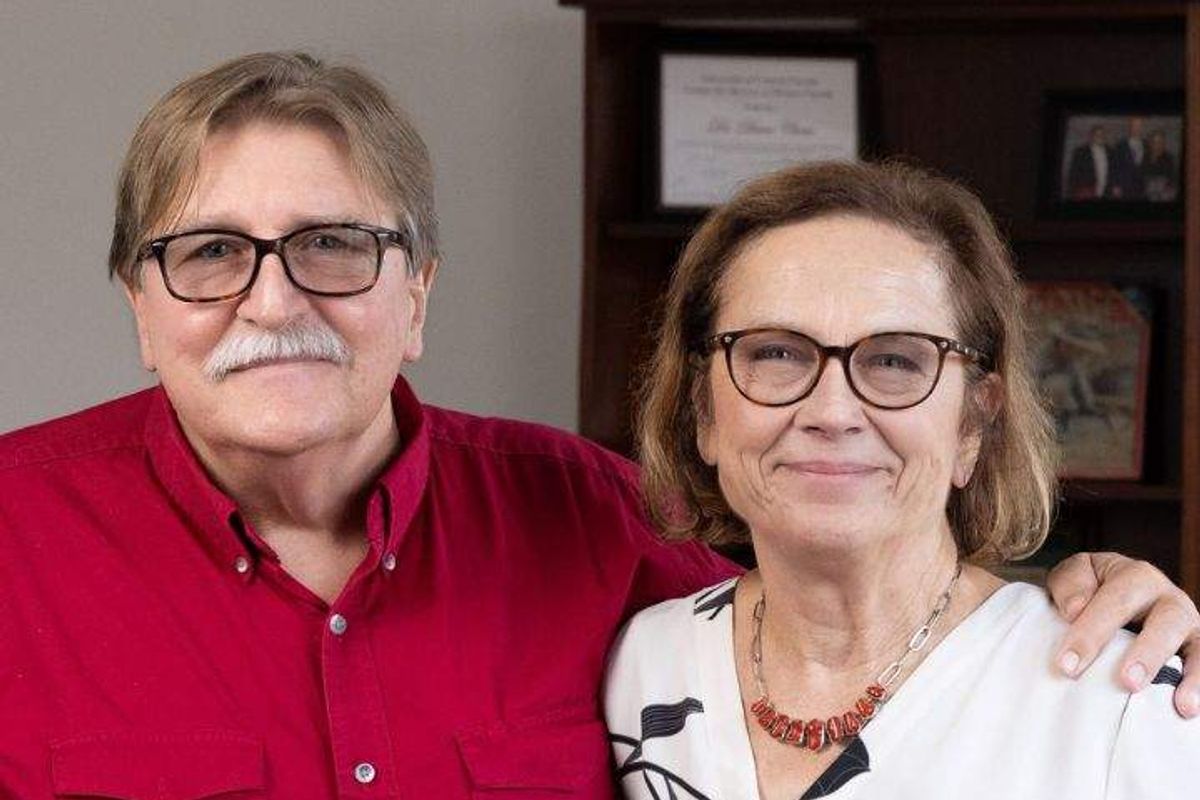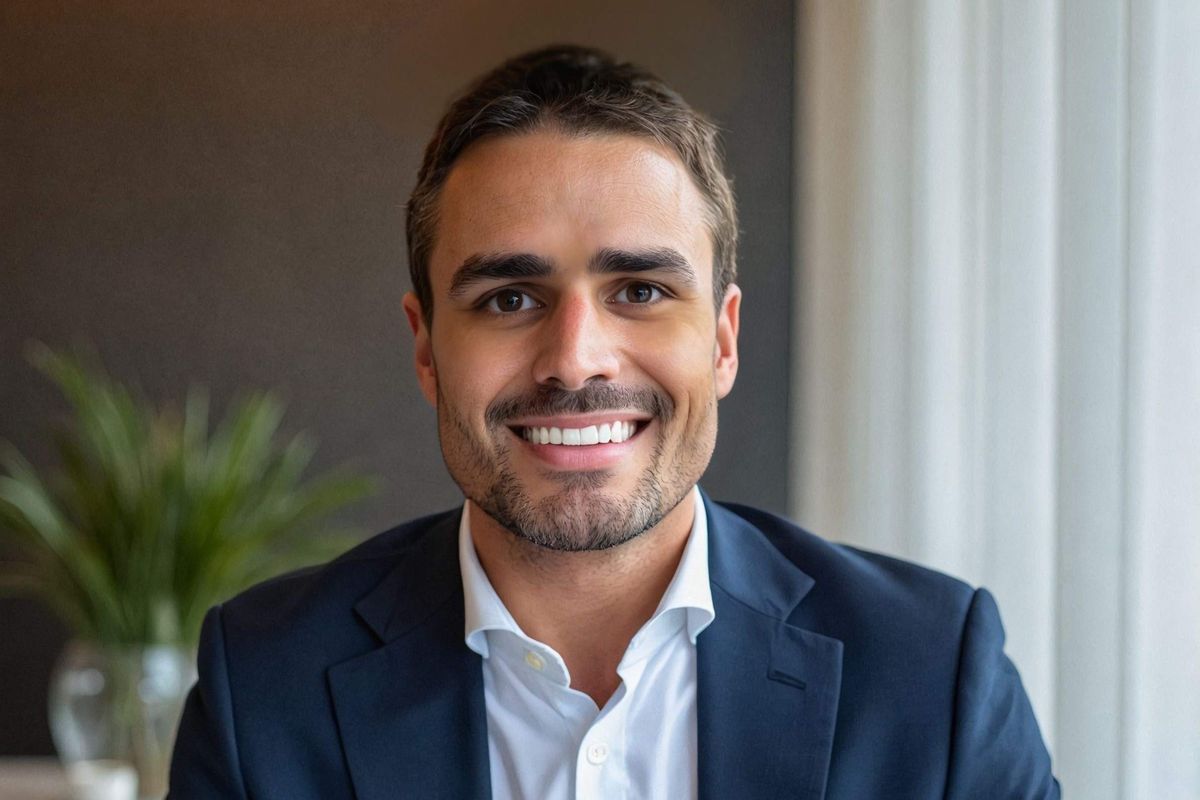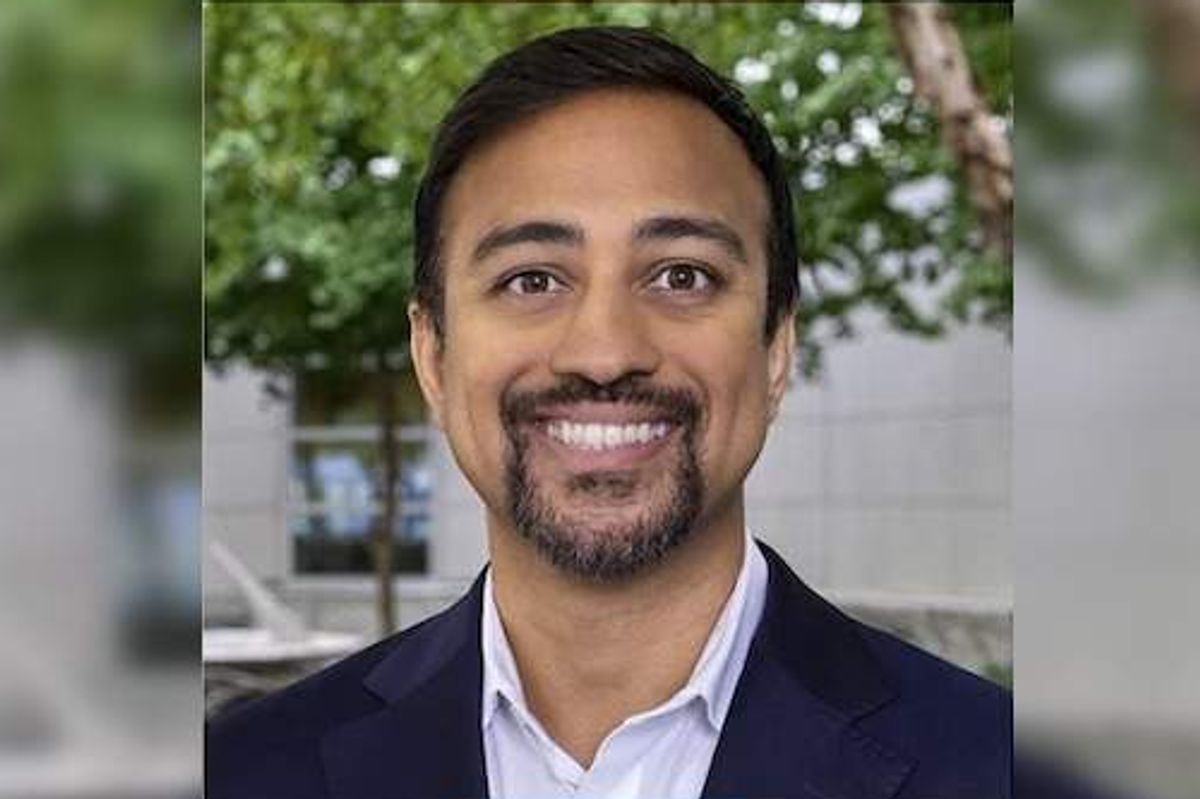5 incubators and accelerators fueling the growth of Houston startups
meet the finalists
Houston is home to numerous accelerators and incubators that support founders in pushing their innovative startups and technologies forward.
As part of our 2025 Houston Innovation Awards, the new Incubator/Accelerator of the Year category honors a local incubator or accelerator that is championing and fueling the growth of Houston startups.
Five incubators and accelerators have been named finalists for the 2025 award. They support startups ranging from hard-tech companies to digital health startups.
Read more about these organizations below. Then join us at the Houston Innovation Awards on Nov. 13 at Greentown Labs, when the winner will be unveiled.
Get your tickets now on sale for this exclusive event celebrating Houston Innovation.
Activate
Hard tech incubator Activate supports scientists in "the outset of their entrepreneurial journey." The Houston hub was introduced last year, and joins others in Boston, New York, and Berkley, California—where Activate is headquartered. It named its second Houston cohort this summer.
This year, the incubator grew to include its largest number of concurrent supported fellows, with 88 companies currently being supported nationally. In total, Activate has supported 296 fellows who have created 236 companies. Those companies have raised over $4 billion in follow-on funding, according to Activate. In Houston, it has supported several Innovation Awards finalists, including Solidec, Bairitone Health and Deep Anchor Solutions. It is led locally by Houston Managing Director Jeremy Pitts.
EnergyTech Nexus
Cleantech startup hub EnergyTech Nexus' mission is to accelerate the energy transition by connecting founders, investors and industrial stakeholders and helping to develop transformative companies, known as "thunderlizards."
The hub was founded in 2023 by CEO Jason Ethier, Juliana Garaizar and Nada Ahmed. It has supported startups including Capwell Services, Resollant, Syzygy Plasmonics, Hertha Metals, EarthEn Energy and Solidec—many of which are current or past Innovation Awards finalists. This year Energy Tech Nexus launched its COPILOT Accelerator, powered by Wells Fargo Innovation Incubator (IN²) at the National Renewable Energy Laboratory (NREL). COPILOT partners with Browning the Green Space, a nonprofit that promotes diversity, equity and inclusion (DEI) in the clean energy and climatech sectors. Energy Tech Nexus also launched its Liftoff fundraising program, its Investor Program, and a "strategic ecosystem partnership" with Greentown Labs.
Greentown Labs
Climatetech incubator Greentown Labs offers its community resources and a network to climate and energy innovation startups looking to grow. The collaborative community offers members state-of-the-art prototyping labs, business resources and access to investors and corporate partners. The co-located incubator was first launched in Boston in 2011 before opening in Houston in 2021.
Greentown has seen major changes and activity this year. In February, Greentown announced Georgina Campbell Flatter as its new CEO, along with a new Board of Directors. In July, it announced Lawson Gow as its Head of Houston, a "dedicated role to champion the success of Greentown Houston’s startups and lead Greentown’s next chapter of impact in the region," according to Greentown. It has since announced numerous new partnerships, including those with Energy Tech Nexus, Los Angeles-based software development firm Nominal, to launch the new Industrial Center of Excellence; and Houston-based Shoreless, to launch an AI lab onsite. Greentown Houston has supported 175 startups since its launch in 2021, with 45 joining in the last two years. Those startups include the likes of Hertha Metals, RepAir Carbon, Solidec, Eclipse Energy (formerly GoldH2) and many others.
Healthtech Accelerator (TMCi)
The Healthtech Accelerator, formerly TMCx, focuses on clinical partnerships to improve healthcare delivery and outcomes. Emerging digital health and medical device startups that join the accelerator are connected with a network of TMC hospitals and seasoned advisors that will prepare them for clinical validation, funding and deployment.
The Healthtech Accelerator is part of Texas Medical Center Innovation, which also offers the TMCi Accelerator for Cancer Therapeutics. The Healthtech Accelerator named its 19th, and latest, cohort of 11 companies last month.
Impact Hub Houston
Impact Hub Houston supports early-stage ventures at various stages of development through innovative programs that address pressing societal issues. The nonprofit organization supports social impact startups through mentorship, connections and training opportunities.
There are more than 110 Impact Hubs globally with 24,000-plus members spanning 69 countries, making it one of the world’s largest communities for accelerating entrepreneurial solutions toward the United Nations' Sustainable Development Goals (SDGs).
---
The Houston Innovation Awards program is sponsored by Houston City College Northwest, Houston Powder Coaters, FLIGHT by Yuengling, and more to be announced soon. For sponsorship opportunities, please contact sales@innovationmap.com.
- 6 Houston health tech startups making major advancements right now ›
- 6 female-founded startups shaping the Houston innovation ecosystem ›
- Meet the judges for the 2025 Houston Innovation Awards ›
- Announcing the 2025 Houston Innovation Awards finalists ›
- TMCi names 2025 HealthTech Accelerator cohort - InnovationMap ›






 Apple doubles down on Houston with new production facility, training centerPhoto courtesy Apple.
Apple doubles down on Houston with new production facility, training centerPhoto courtesy Apple.





